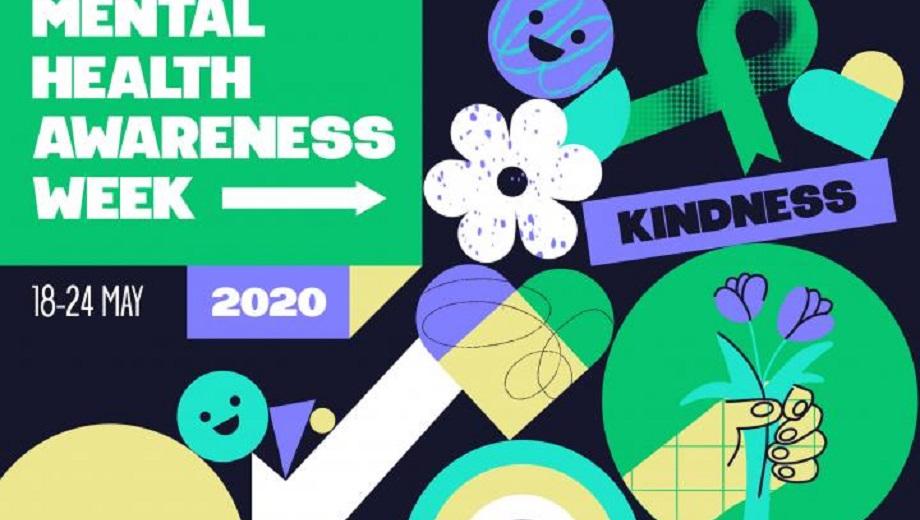
Kindness is the theme of this year’s Mental Health Awareness Week. You’ve probably already seen a lot of celebrities talking about their mental health on social media since Monday. There’s been the mental health minute on radio stations across the country and ITV’s film Britain Get Talking. Not to mention plenty of trailers for Prince William’s new documentary next week - when he talks to Premiership footballers about their own mental health.
But what is Mental Health Awareness week, and who is behind it? The Mental Health Foundation is a UK-wide mental health charity which has run Mental Health Awareness Week since 2001. The aim is to make everyone think about what good mental health means. Usually, schools and businesses hold awareness-raising activities all week, to encourage conversations about good mental health. But this year, with lockdown, things are different.
Mark Rowland of the Mental Health Foundation explains why kindness is this year’s theme:
‘You may recognise the expression “it is better to give than receive”, but did you know this is backed up by research?
People who are kind and compassionate see clear benefits to their wellbeing and happiness. They may even live longer. Kindness can also help reduce stress and improve our emotional wellbeing.*
We all have so much going on in our lives - including competing strains and stresses – not to mention the current coronavirus pandemic. This can see kindness pushed to one side, in favour of what is urgent or trending now.
It can be easy to signal kindness by posting online and following a trend, but harder to commit to kindness in our daily words and actions.
But if we take the time to be kind to other people, we can reap the emotional dividends. It can really make a difference and especially for people who are vulnerable or struggling.’
The Mental Health Foundation’s website has plenty of tips for how to be kind to others, as well as yourself. During lockdown, kindness can be something simple like phoning someone who might be feeling isolated, or (safely) dropping off a magazine. The hope is that that people will benefit from doing something kind just to help someone else – a feeling that will encourage good mental health long after lockdown ends.
Material from the Mental Health Foundation, first published on https://www.mentalhealth.org.uk.
*References:
Curry OS, Rowland LA, Van Lissa CJ, Zlotowitz S, McAlaney J, Whitehouse H. Happy to help? A systematic review and meta-analysis of the effects of performing acts of kindness on the well-being of the actor. J Exp Soc Psychol. 2018;76:320–9.
Post S. It’s Good To Be Good: 2014 Biennial Scientific Report on Health, Happiness, Longevity, and Helping Others. Int J Pers Cent Med. 2014;2:1–53.